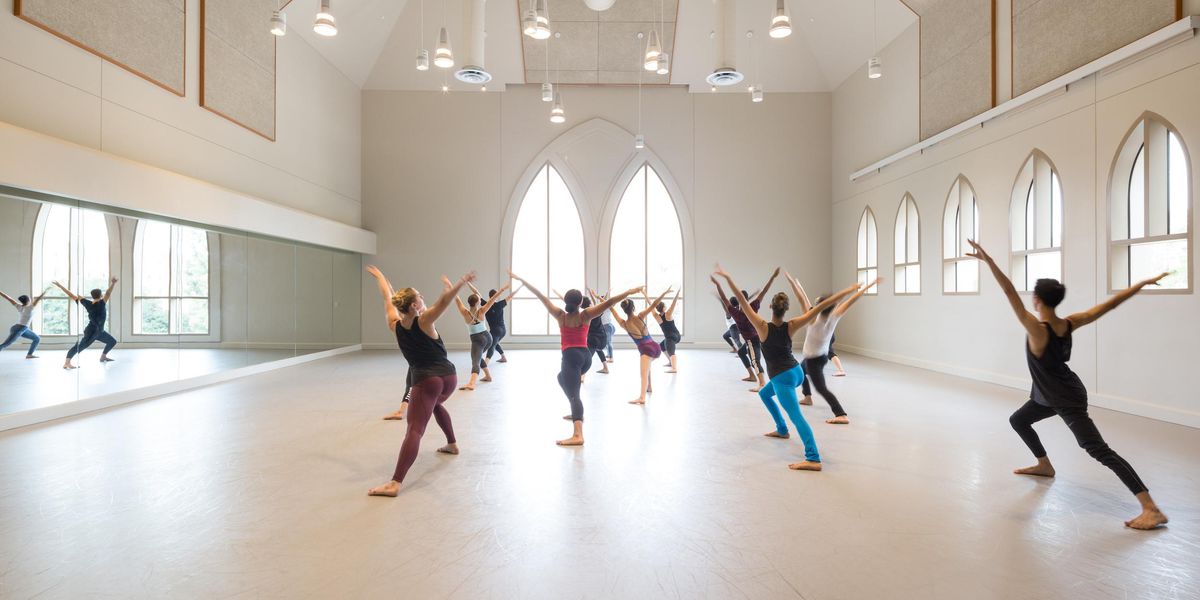Advice for Dancers
I’m at the advanced level in my dance school and want very much to be a professional dancer. I know I need to work hard to get a job in a dance company. How do I become special? I don’t want to be a mediocre dancer. —Determined, Cleveland, OH
Self-discipline, talent, good training and personality separate you from the crowd. If you lack the last ingredient, it can pay to work with an acting coach to become more expressive and more open in how you project. Successful people also possess a magic ingredient called “grit,” according to Dr. Martin Seligman, director of the Positive Psychology Center at the University of Pennsylvania. His research shows that grit involves a passion to test your limits. Dancers with grit are optimists with the drive to overcome obstacles—even if they have to change techniques to suit their strengths or switch dance companies to get more roles. In contrast, many child prodigies fail to achieve their potential because they expect things to come easily. Pushing yourself to do more always involves a certain amount of risk. The key is to set your sights on an area that you feel passionate about, then find a way to excel—even if it requires making adjustments.
My teachers tell me that I have everything to be a dancer but a plié. The problem is that my Achilles tendons are naturally tight, which keeps me from achieving that “juicy plié.” What can I do? —No Juice, Pompano Beach, FL
Don’t despair! According to Marika Molnar, director of Westside Dance Physical Therapy, your shallow plié may be due to one of two factors, neither of which will end a budding career. If the problem stems from tight Achilles tendons, it will help to do frequent sustained stretching (not bouncing). You could try facing the wall with your knees bent in the parallel position, extend one leg back with a straight knee and gently press the heel to the ground as you lean forward. Hold up to two minutes with your hands on the wall, then switch to the other side. Repeat the same exercise with the back knee bent. Always check with a physical therapist to make sure that you’re stretching correctly. It’s also possible that your lack of plié is due to a high arch. This results from the shape of the ankle joint, not a tight Achilles tendon. While no amount of stretching will correct this problem, you can still become an accomplished professional dancer by working with your natural range of motion.
Please tell me what’s the best way to establish meaningful relationships in dance? I feel like the performing arts are a crap shoot where you can’t count on anyone. I want to be a happy, self-confident dancer. But more often than not, someone stomps on my ego. I’m terrified of opening up or trying to be friends to some of my colleagues. I’ve had my hopes raised too often only to be let down. —Alan, Washington, OR
What can I say? Yes, it’s true that your colleagues may not always be the best source of support, especially if they are feeling competitive. Yet I also believe that it’s possible to establish friendships where both of you know that there is no hidden agenda. The challenge is to choose individuals who are not neurotic. Behavior is a sure giveaway. If they lie, blur the truth, or make it sound like it’s all your problem, get out of there fast! Friendships are one of the best ways to prevent burnout. If you can’t find them inside dance, look elsewhere. When all is said and done, a friend is a friend no matter what.
I’ve read your column in every issue because it answered many of the questions that I was too scared to ask. After worrying about my dancing for years, I’ve finally found the courage: Why do I feel like I’m never good enough despite my teachers praising me in class? —Already Jinxed, Staten Island, NY
I wish I had an easy answer for you, but the truth is that many good dancers are perfectionists. While this may sound positive, it can create a lot of problems, including depression, if you fail to meet your goals. It’s a dilemma that has more to do with your self-perception than reality, since perfectionists are often their own worst critics. You need to keep the focus on your progress rather than comparing yourself to an unobtainable ideal or another dancer who seems to have it all. It can also help to take a personal inventory of your strengths and weaknesses. Say you’re long-legged but weak; it could be useful to do Pilates twice a week. If, however, the real issue is one of self-confidence, seeing a psychologist may be the answer. Dancing requires extended training from a relatively early age. Give yourself credit for sticking with it.
Former New York City Ballet dancer Linda Hamilton, Ph.D., is a lecturer, a psychologist in private practice, and the author of
Advice for Dancers (Jossey-Bass). She has been offering advice to Dance Magazine readers since 1992.




